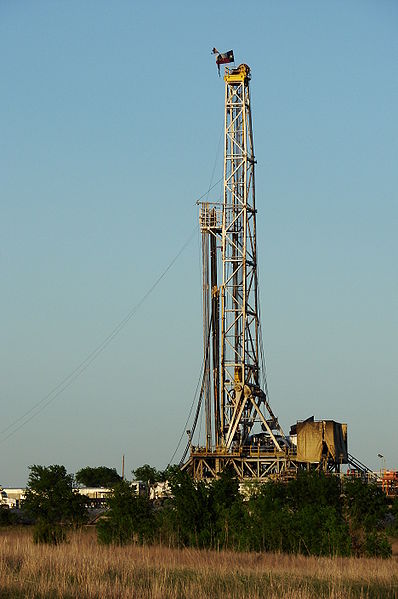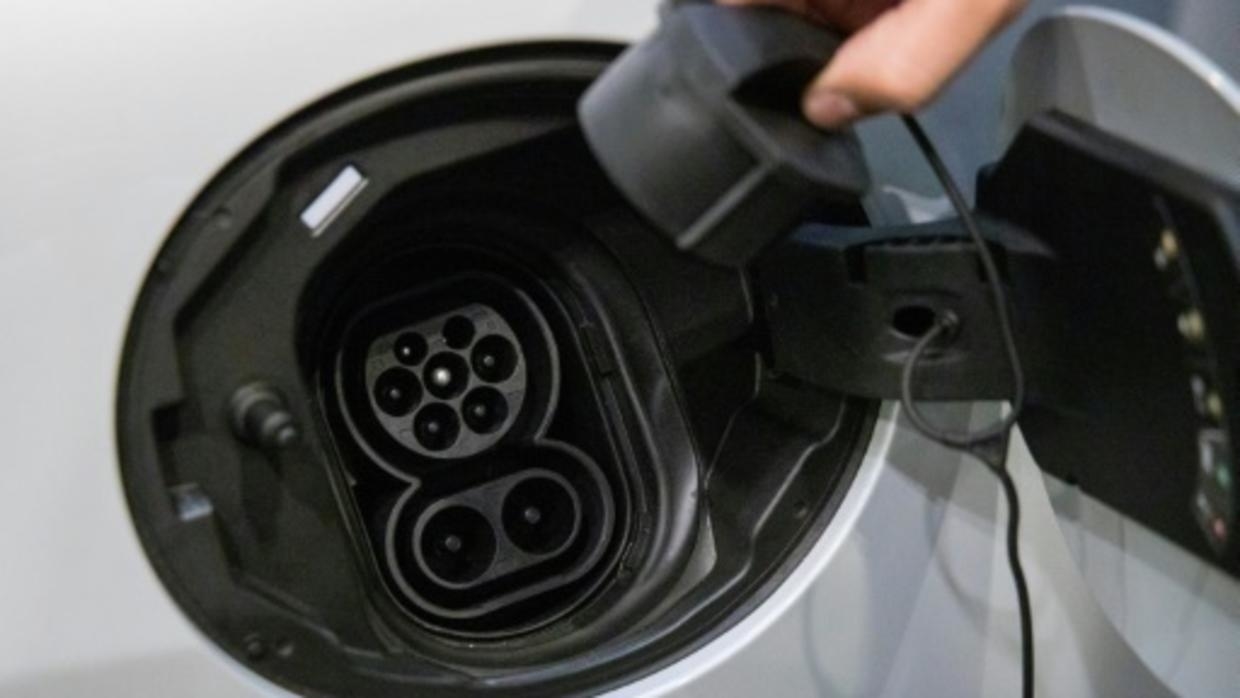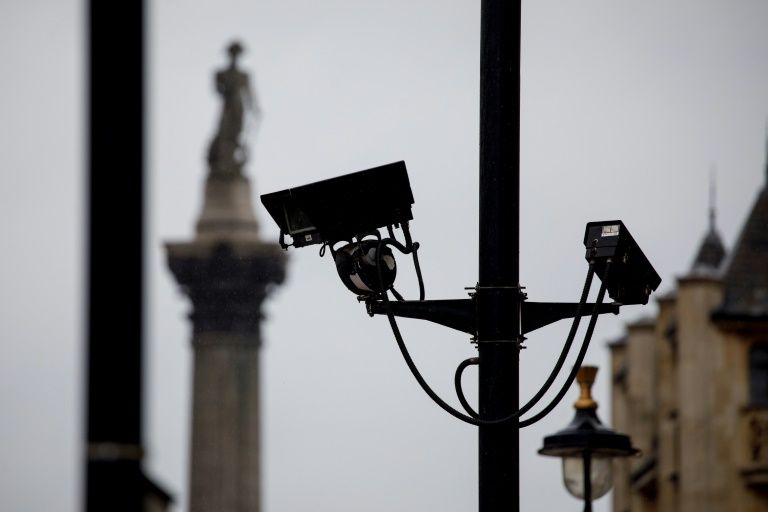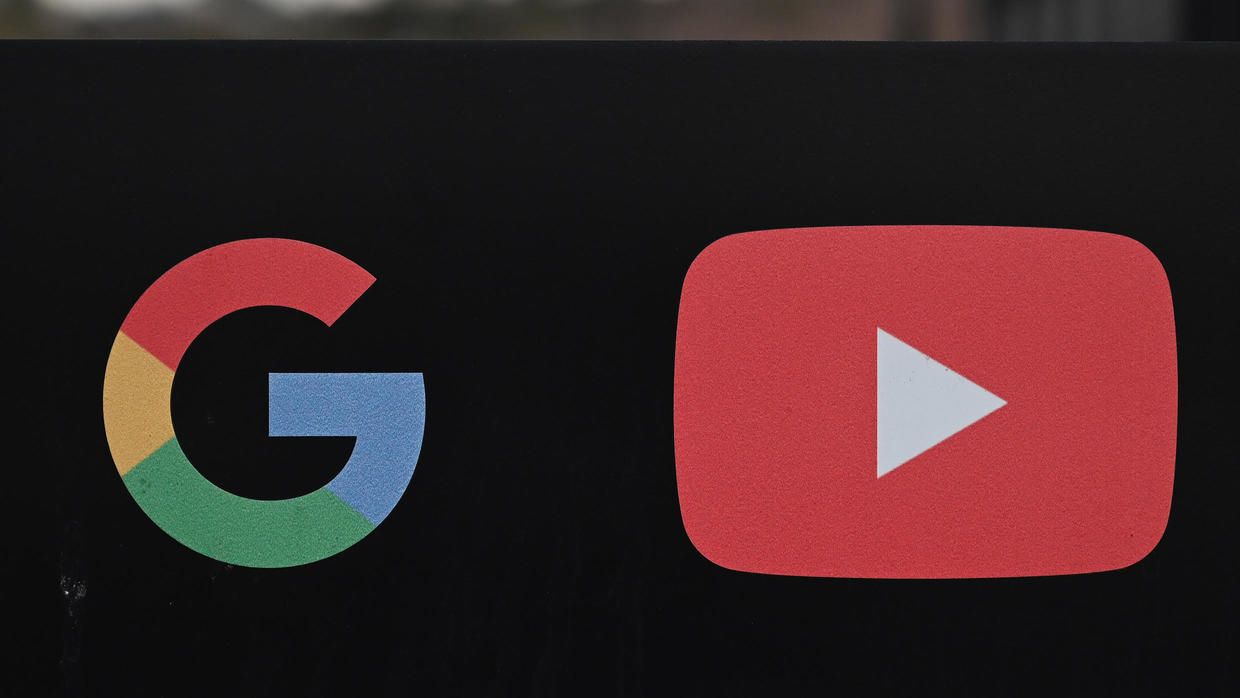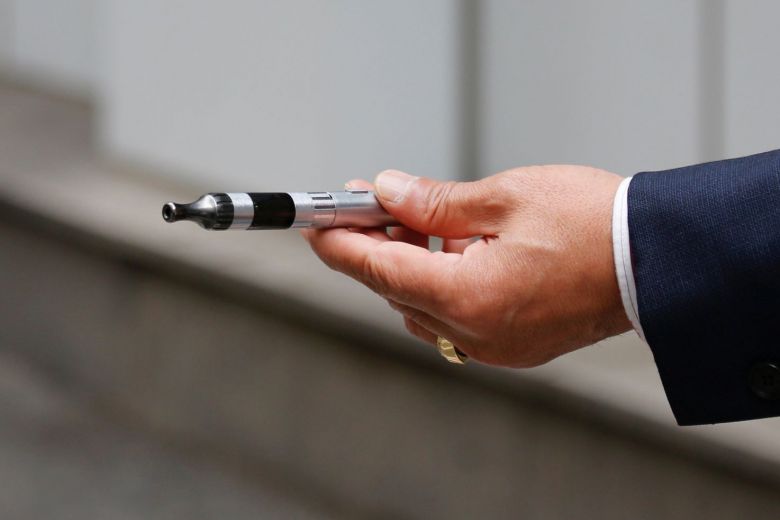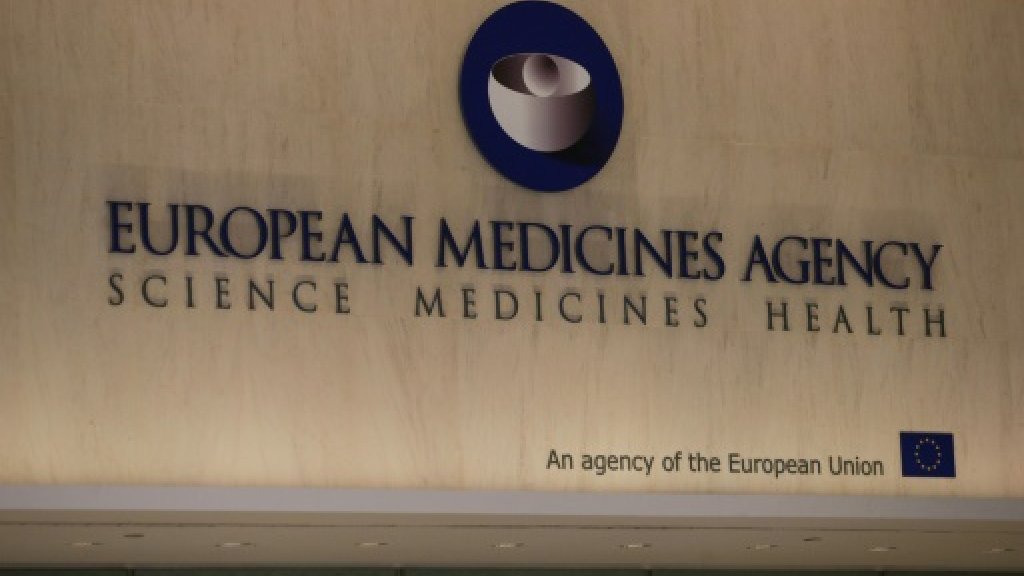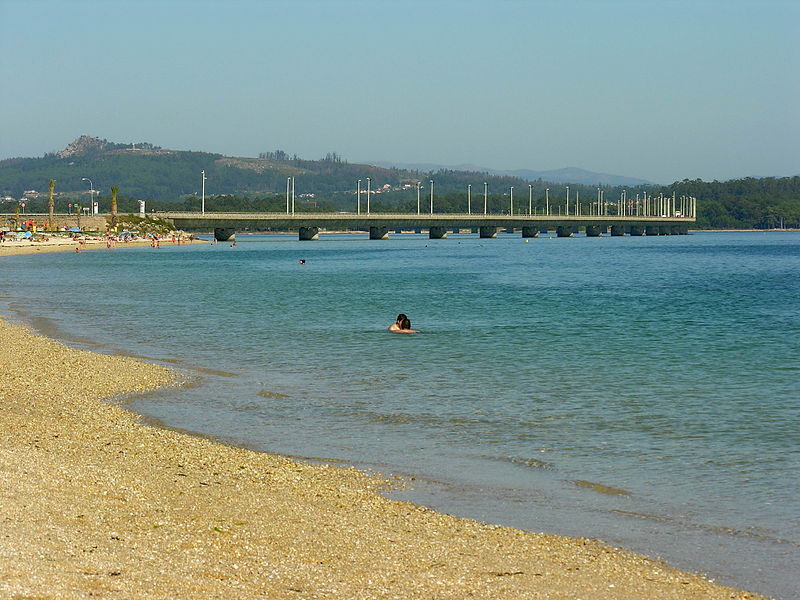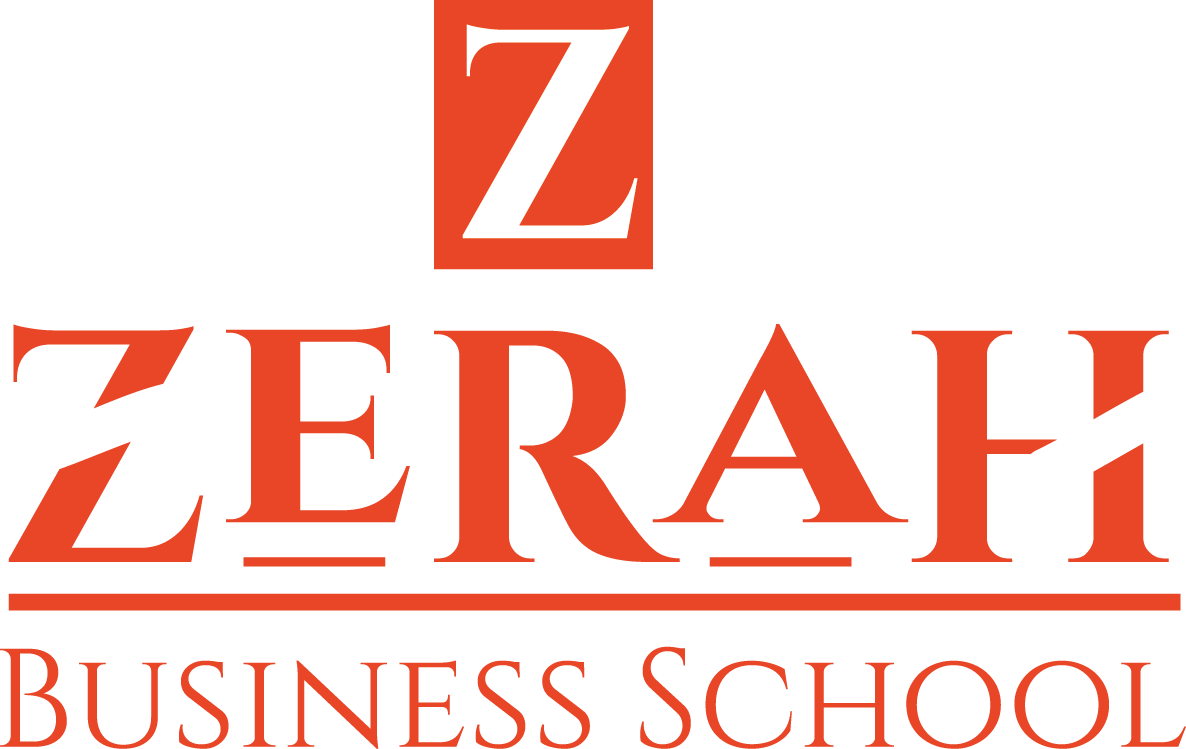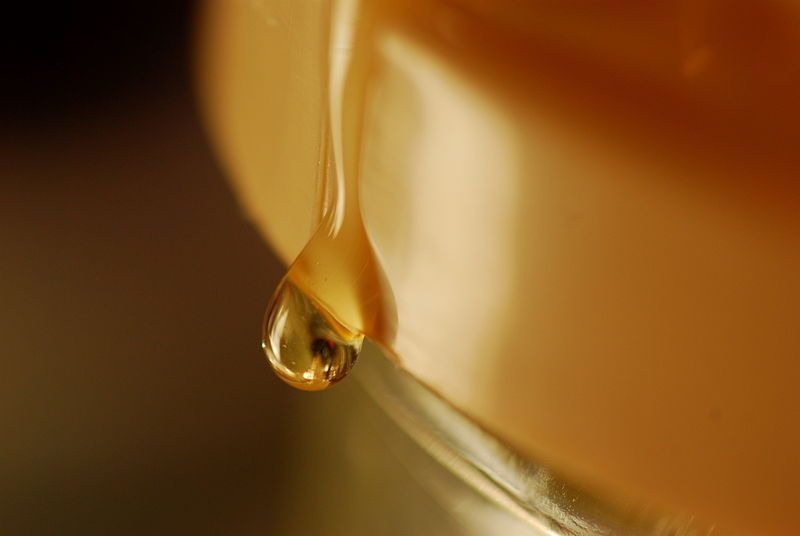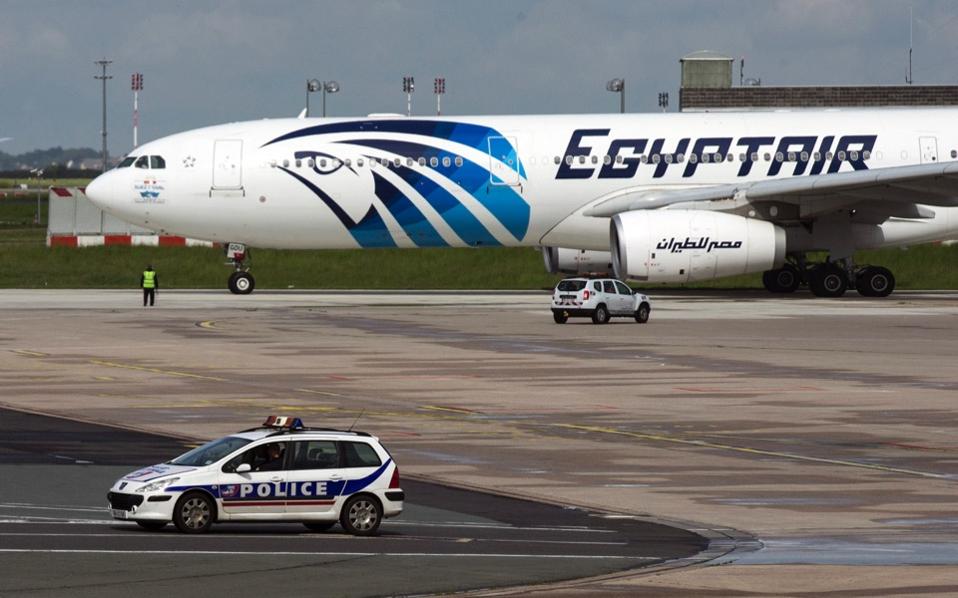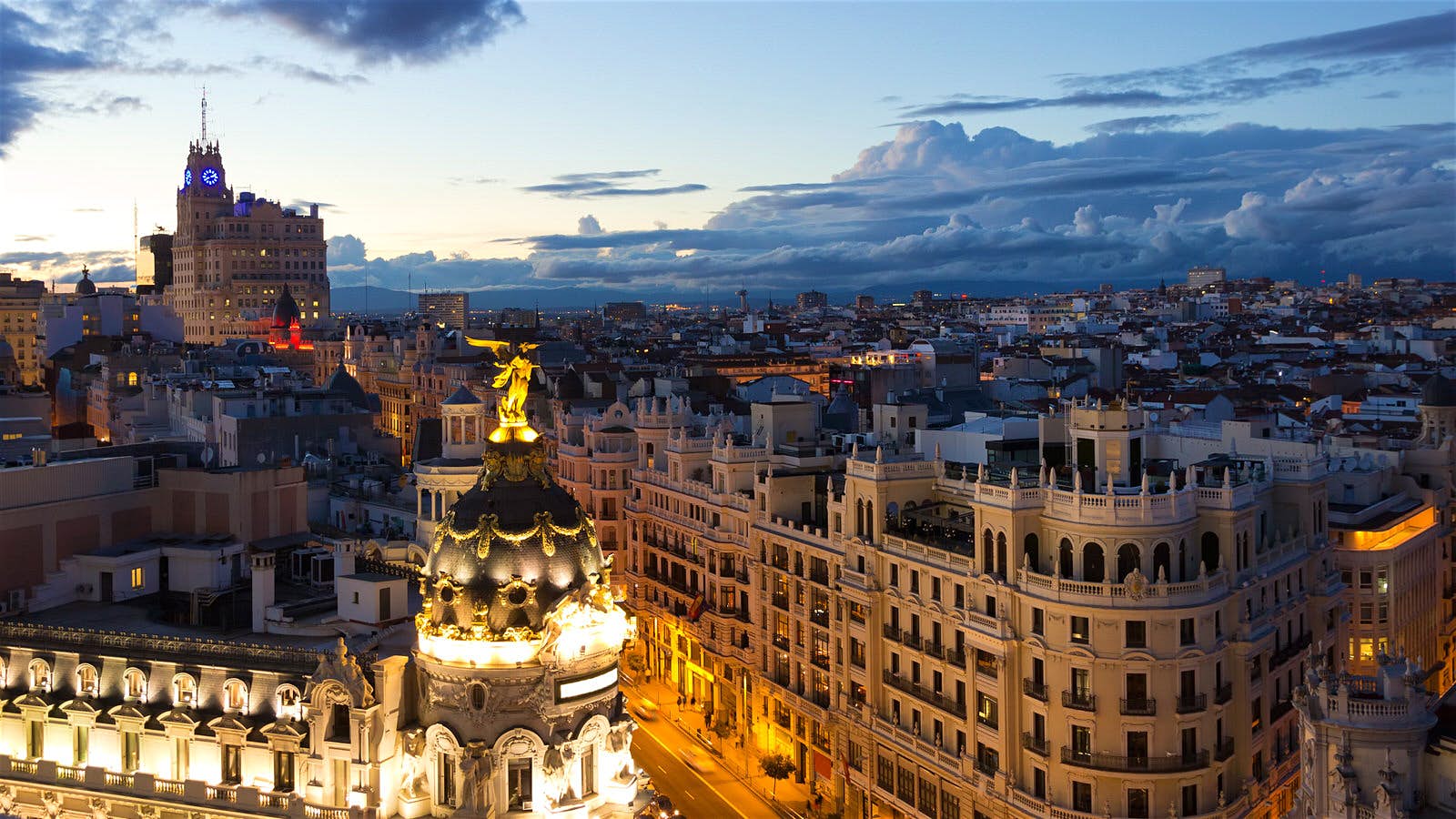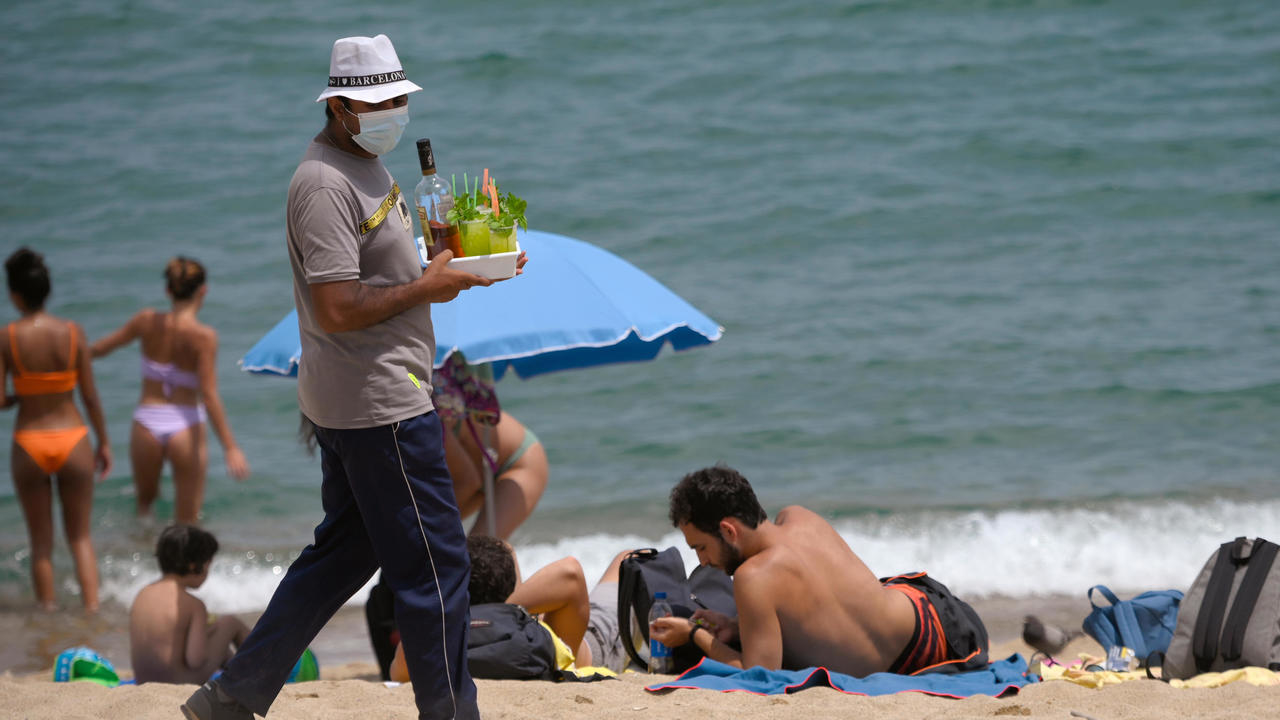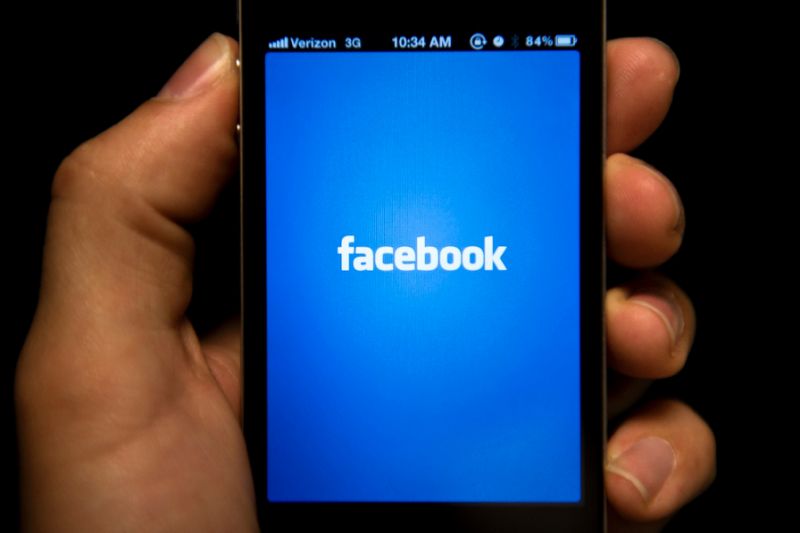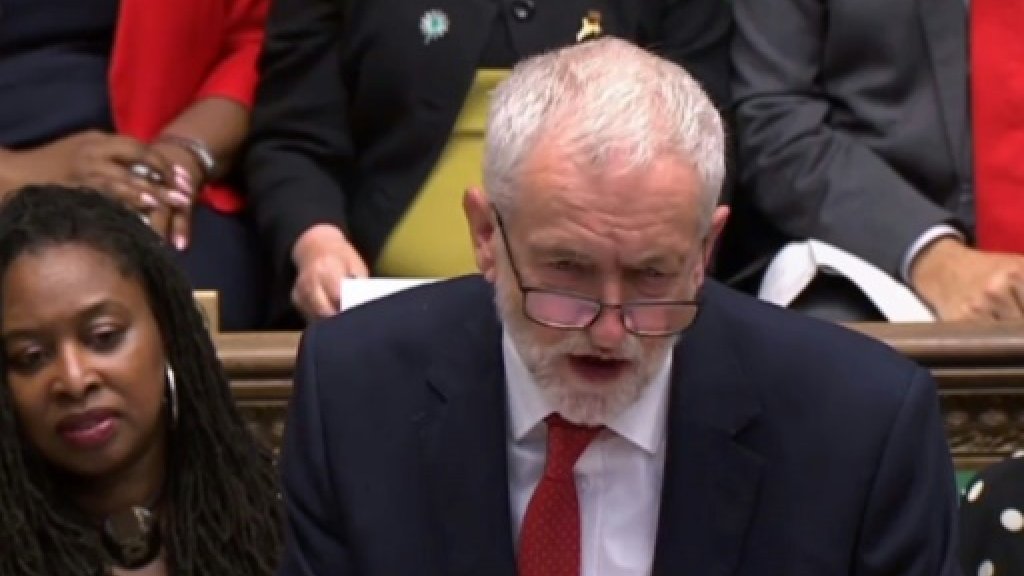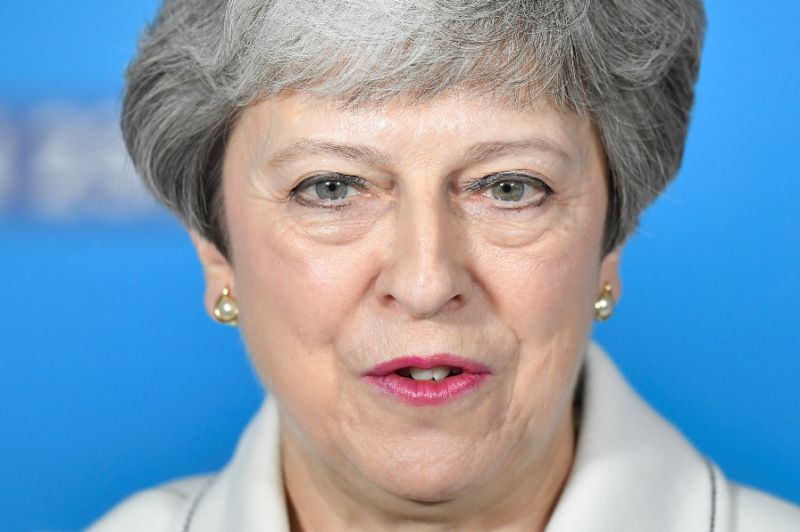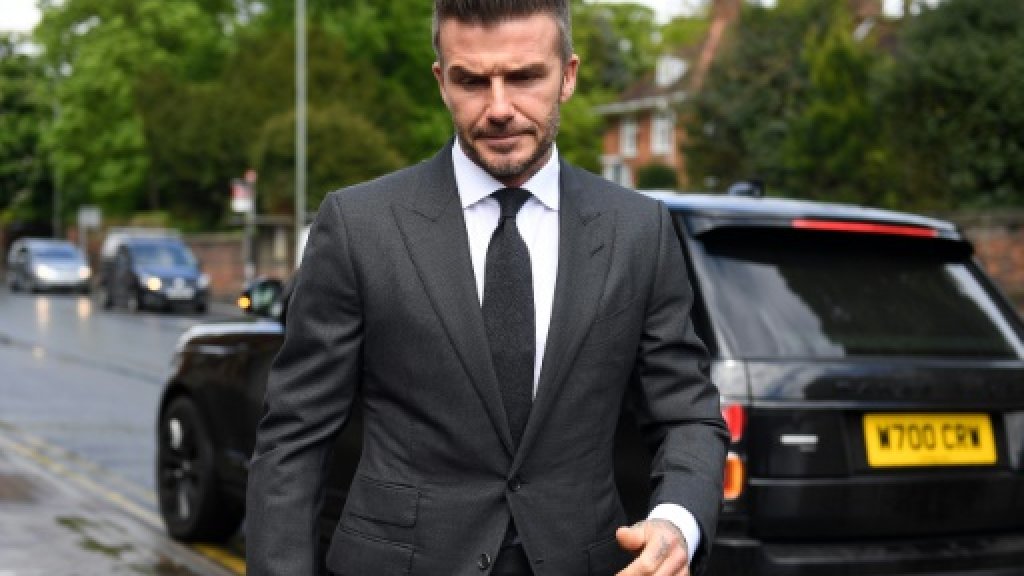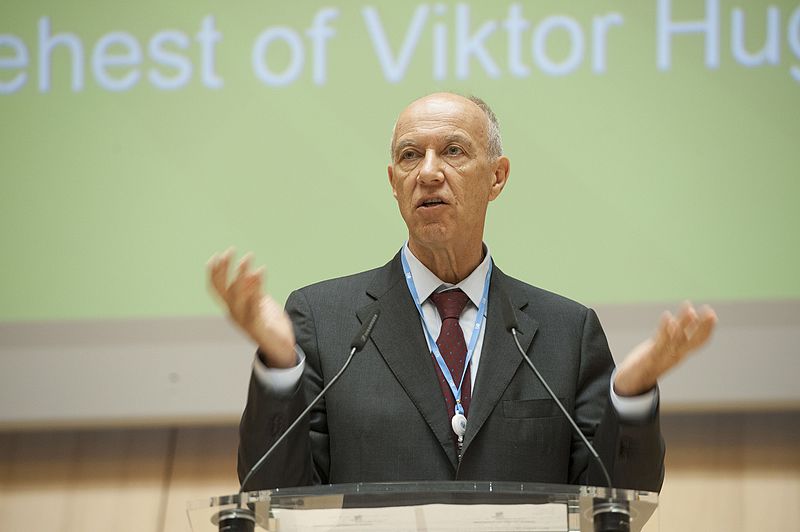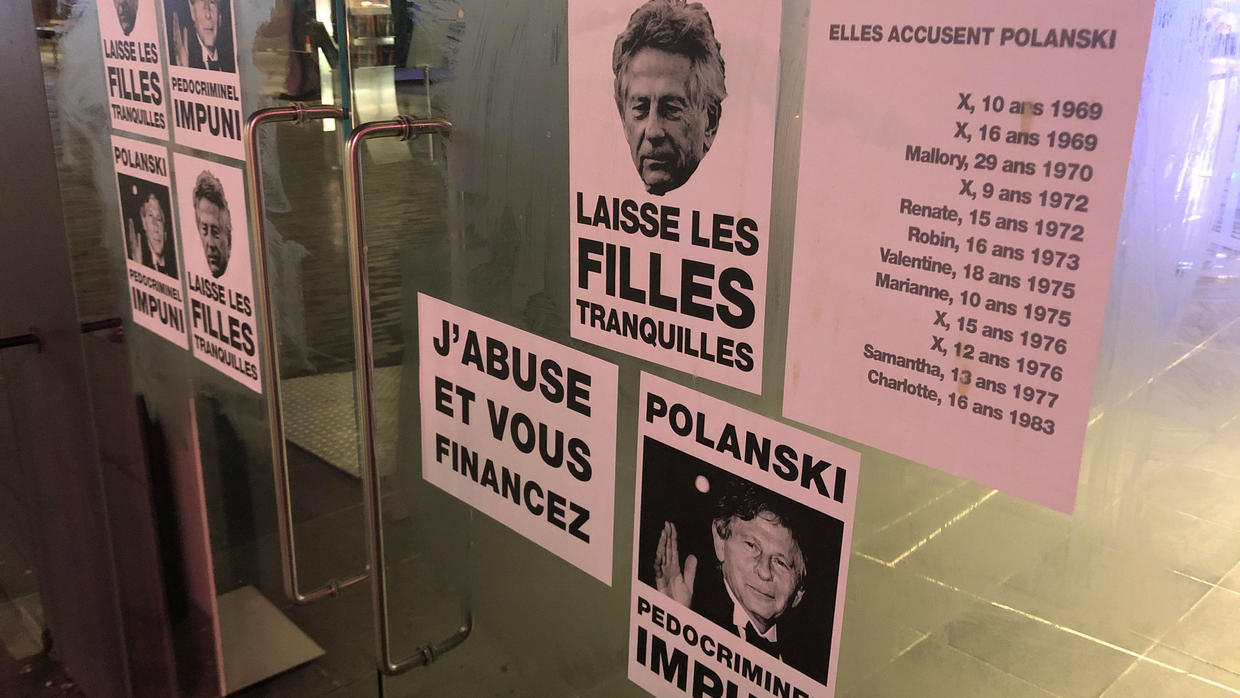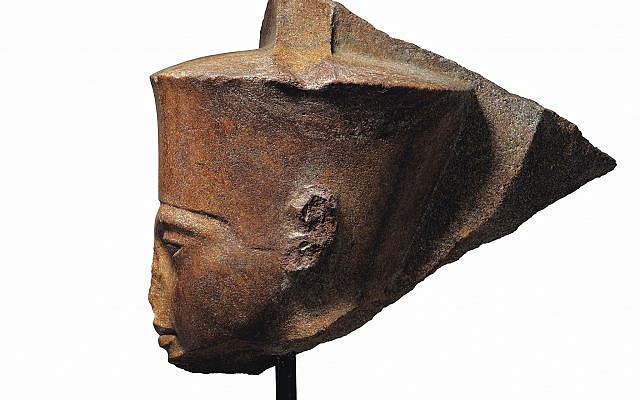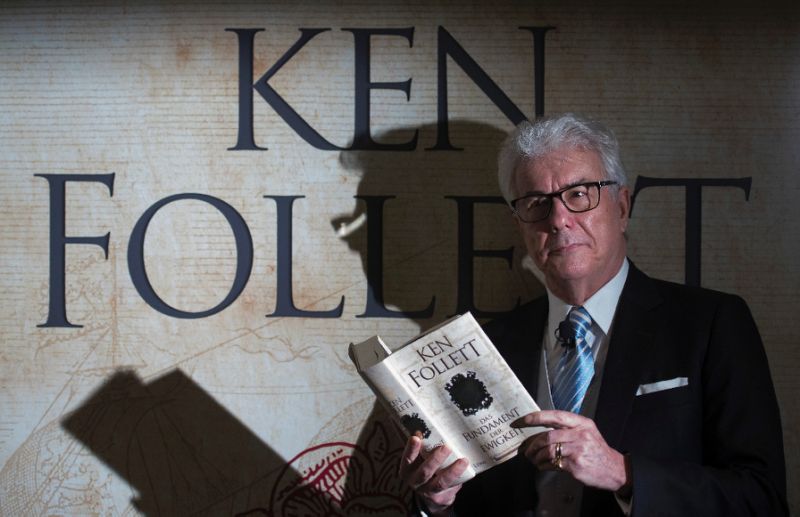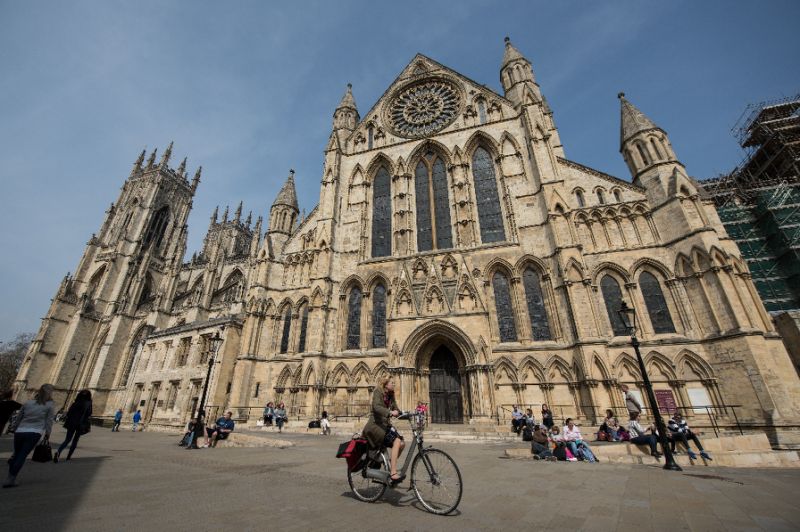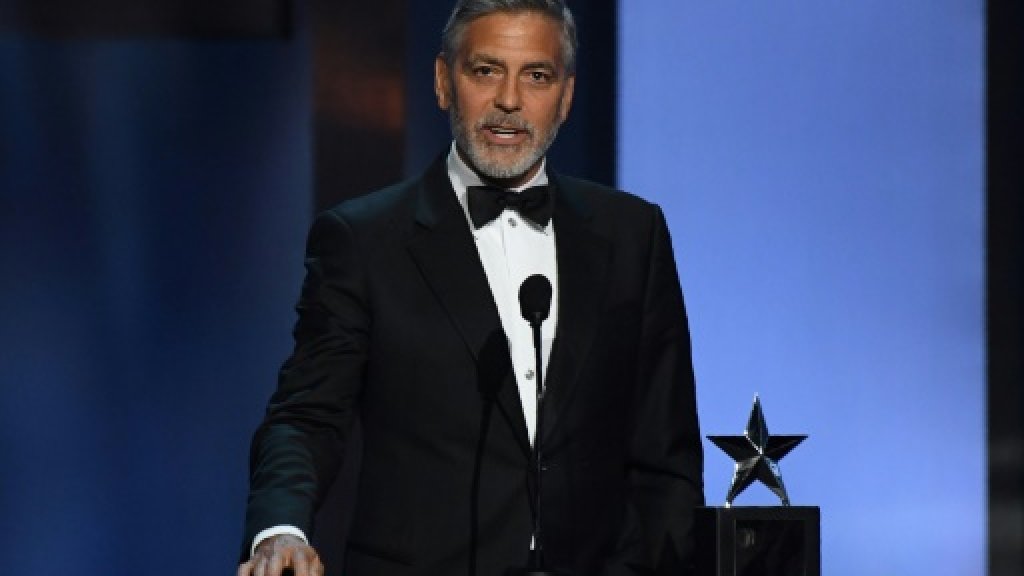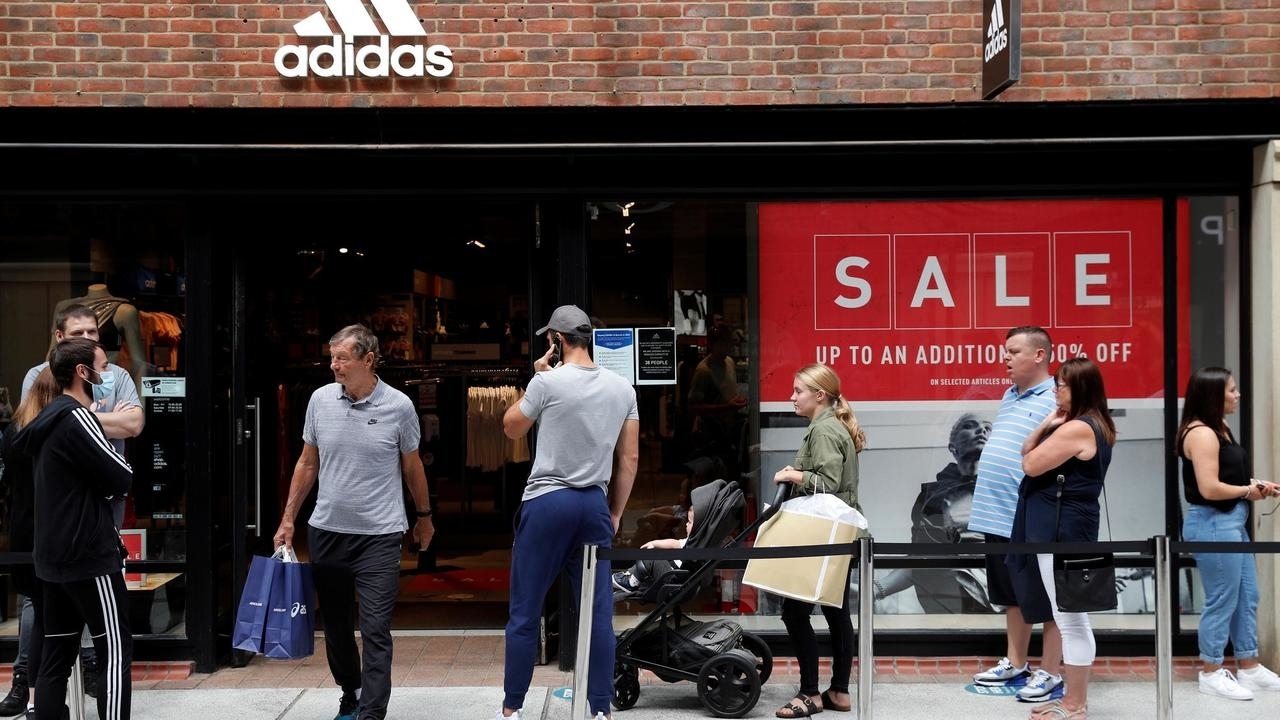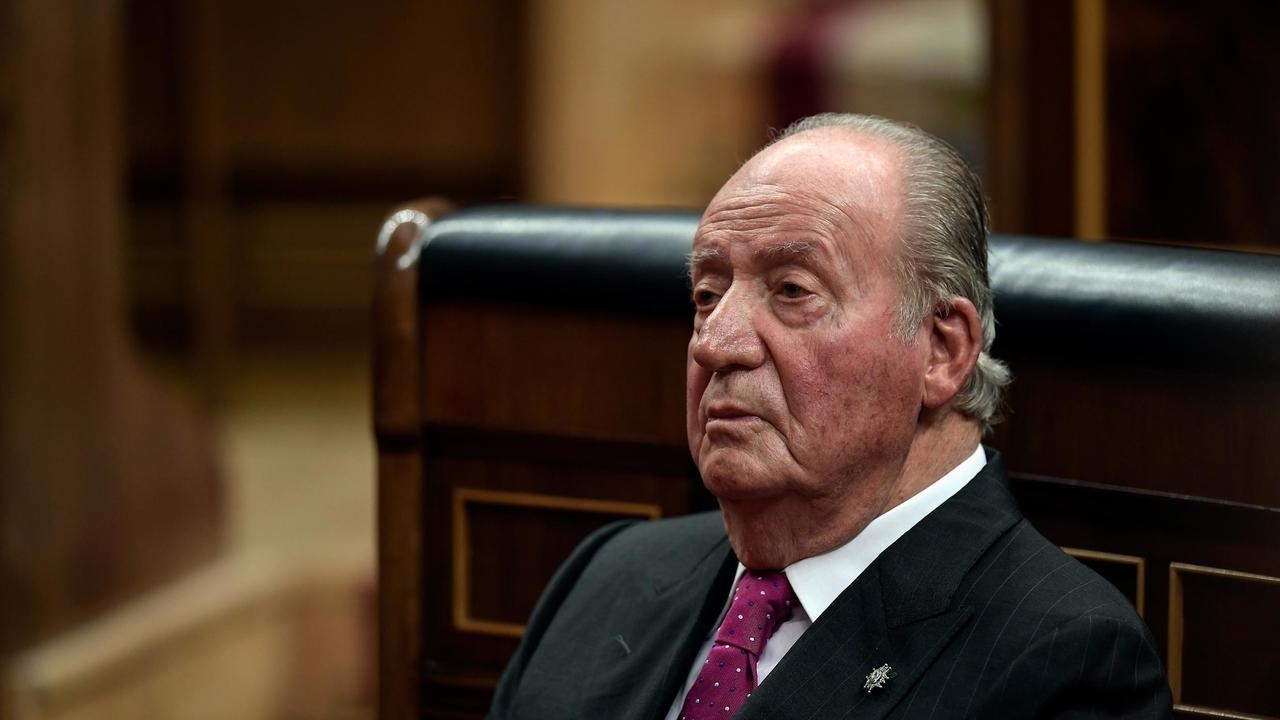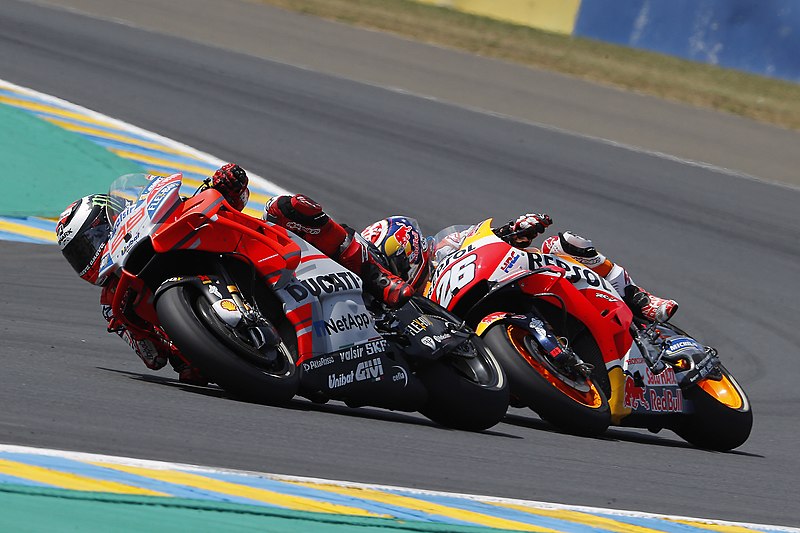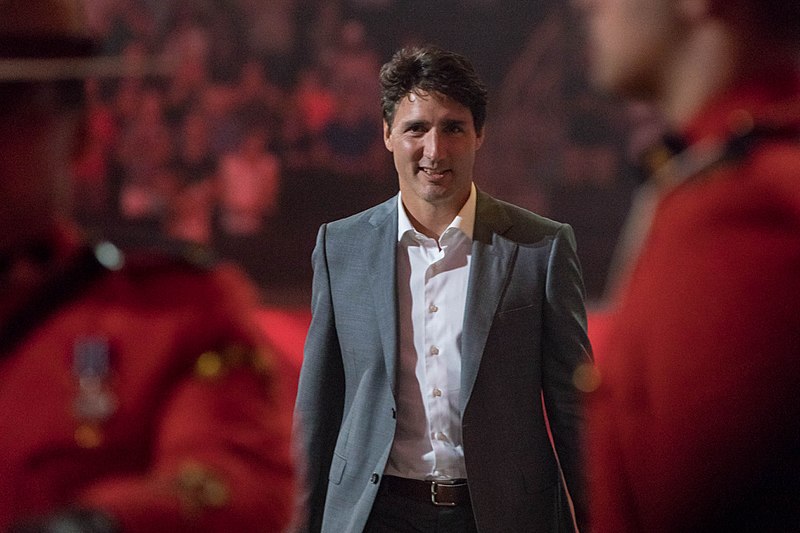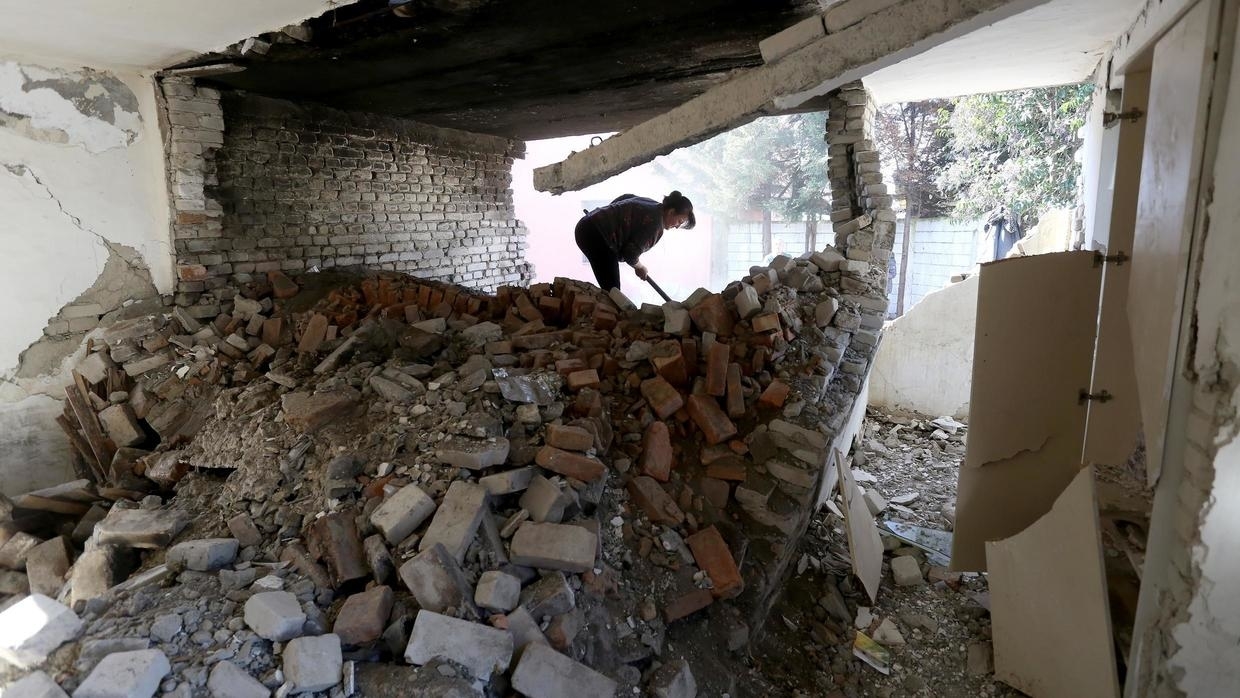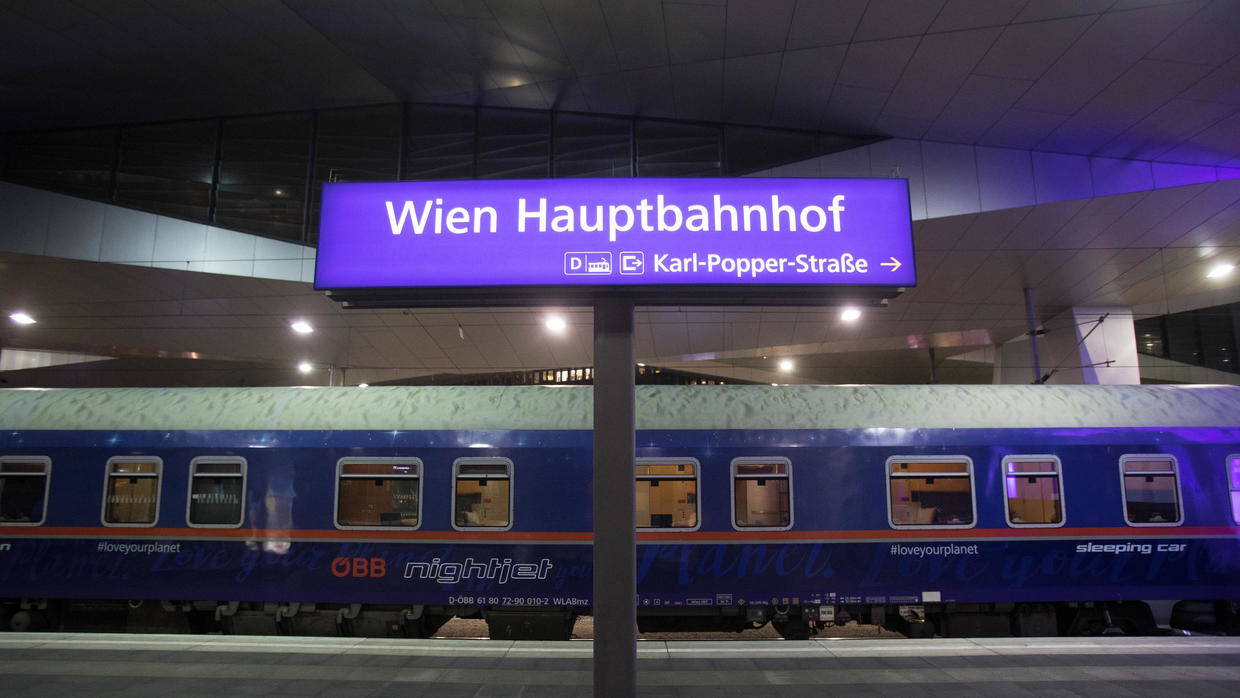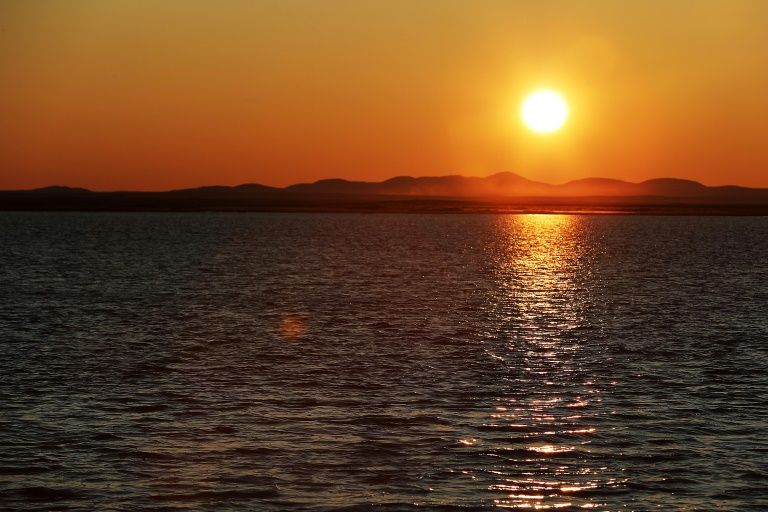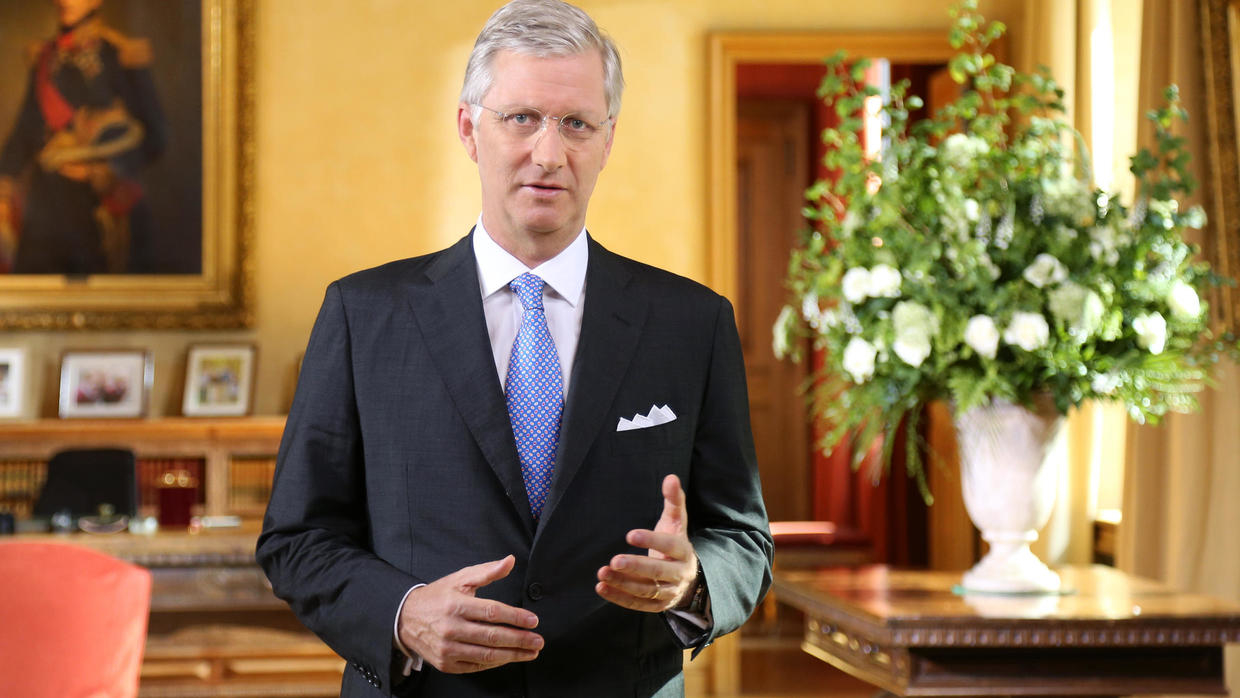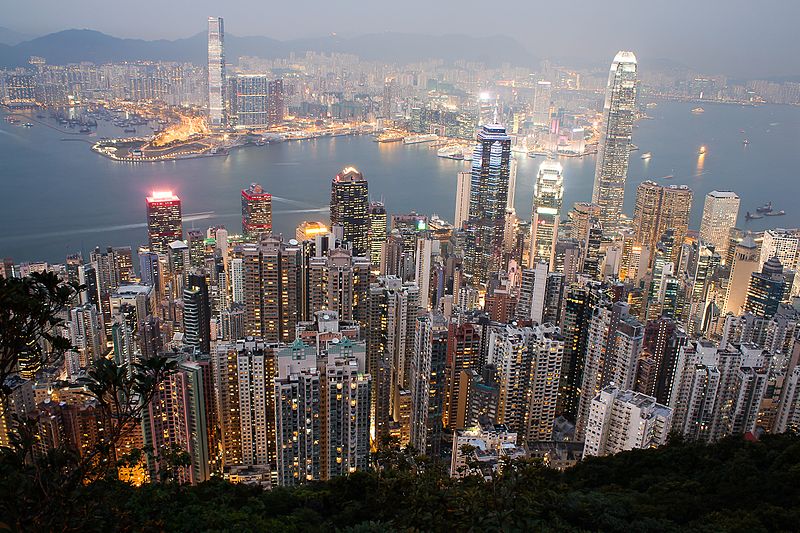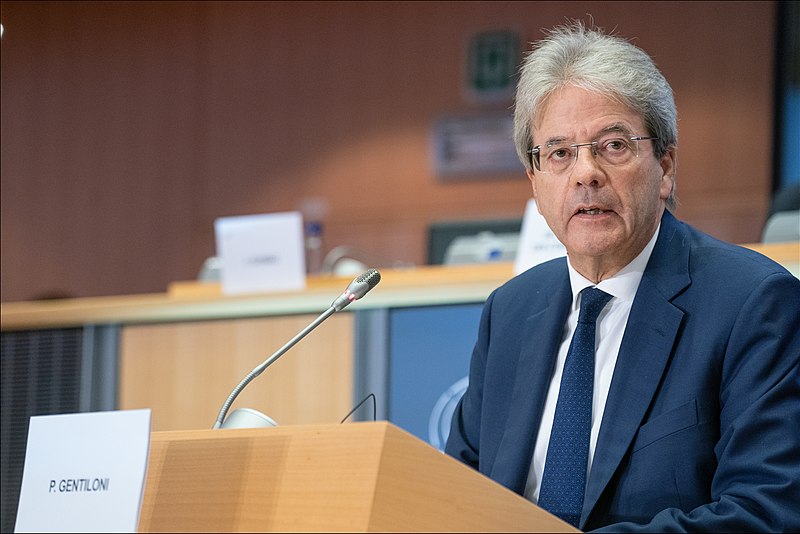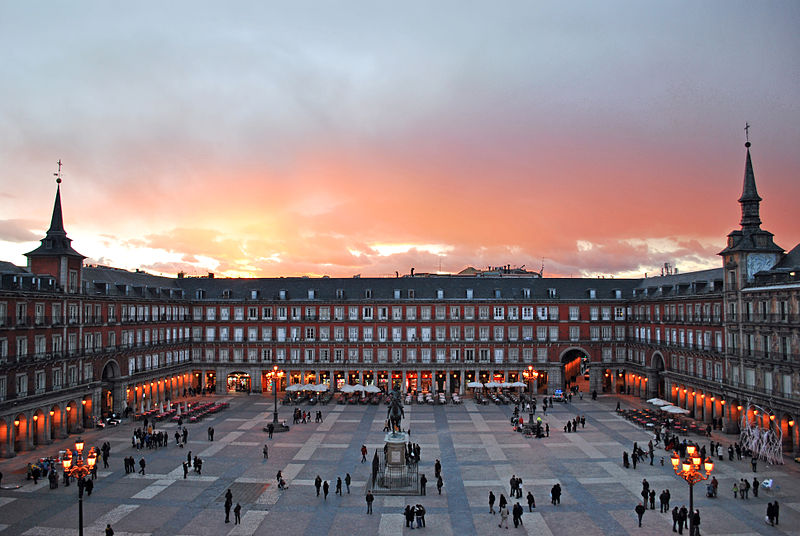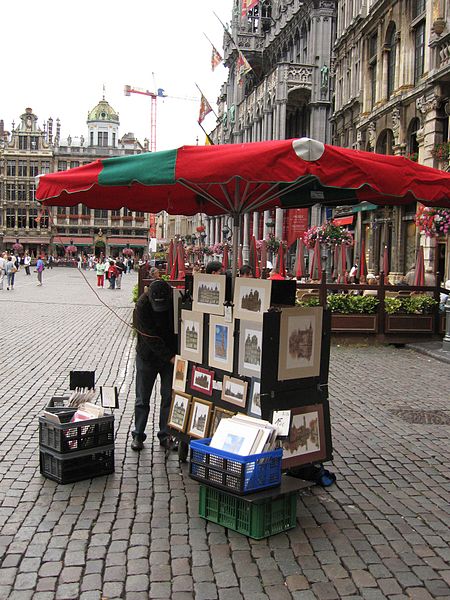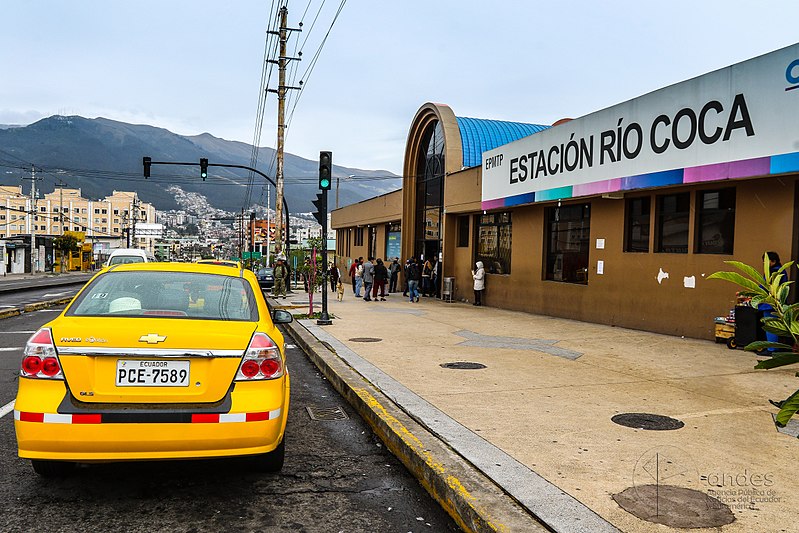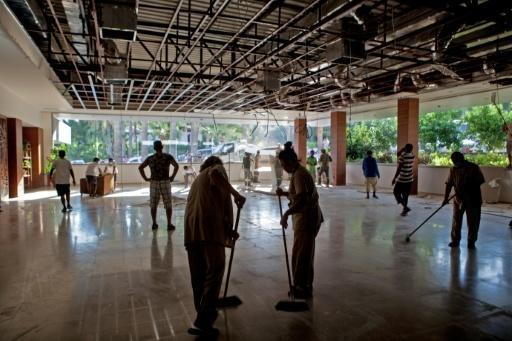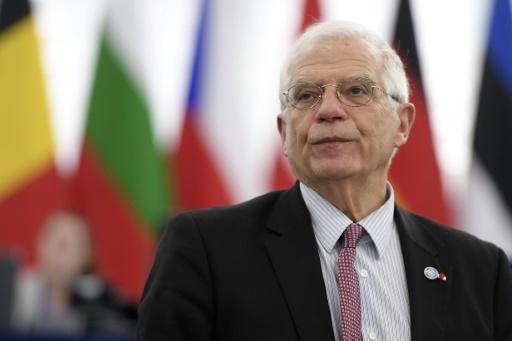
Top EU diplomat Josep Borrell was Monday due to visit Iran, said officials in Tehran and Brussels, on his first trip there since taking office, aiming to reduce rising tensions over the Islamic
republic's nuclear programme.
Borrel was set to meet President Hassan Rouhani, Foreign Minister Javad Zarif and parliamentary speaker Ali Larijani on the two-day trip, his office said in a statement.
The 2015 nuclear deal between Tehran and a group of world powers has been crumbling since US President Donald Trump withdrew from it in 2018, and Washington has since stepped up sanctions and a campaign of "maximum pressure" against Iran.
Borrell's mission aims "to de-escalate tensions and seek opportunities for political solutions to the current crisis," said the office of the EU's high representative for foreign affairs and security policy.
The visit will allow Borrell "to convey the EU's strong commitment to preserve" the nuclear deal, known as the Joint Comprehensive Plan of Action, and to discuss cooperation between the EU and Iran, his office said.
- Severe recession -
Washington accuses Tehran of seeking a nuclear weapon, which Iran has always denied.
The deal struck in Vienna between Iran and the five permanent members of the UN Security Council -- Britain, China, France, the United States and Russia -- plus Germany, offered Tehran a partial reprieve from crippling international sanctions.
In exchange, Iran agreed to drastically reduce its nuclear activities and to submit to a tailor-made inspection regime by the International Atomic Energy Agency (IAEA).
The US withdrawal from the deal and its reimposition of biting sanctions deprived Iran of anticipated economic benefits.
The renewed US sanctions have almost entirely isolated Iran from the international financial system, driven away oil buyers and plunged the country into a severe recession.
Since May 2019, Iran has progressively scaled back commitments under the agreement in response to the US sanctions and Europe's inability to circumvent them.
Iran is now producing uranium enriched beyond the 3.67 percent set by the agreement, and no longer adheres to the limit of 300 kilogrammes (660 pounds) imposed on its enriched uranium stocks.
It has also resumed research and development that was restricted under the deal.
- 'Last step' -
On January 5, the Islamic republic announced the "last step" in its plan to roll back on its commitments, saying that it was no longer bound by limits on the number of centrifuges it could run to enrich uranium.
Iran accuses the European parties to the deal of not respecting their own commitments and of doing nothing to help circumvent the US sanctions.
Tehran has stressed, however, that the steps it has taken away from the deal can be reversed if Iran's interests are realised.
However, the European parties and experts question this pledge, saying research and development gains aren't reversible.
In an effort to bring Tehran back to full implementation of the deal, Paris, London and Berlin triggered a complaint mechanism in January.
The mechanism could lead to the reestablishment of all sanctions that were lifted by the UNSC, but, for now, the Europeans have been keen to get Iran back on board rather than reimpose sanctions.
Tehran has long said that if the Iran nuclear dossier were to be sent back to the UNSC, it would signal the definitive death of the 2015 deal.afp
